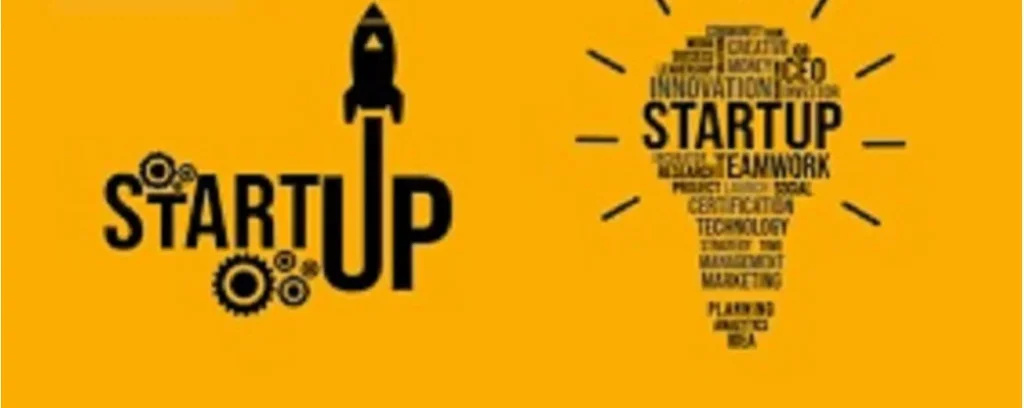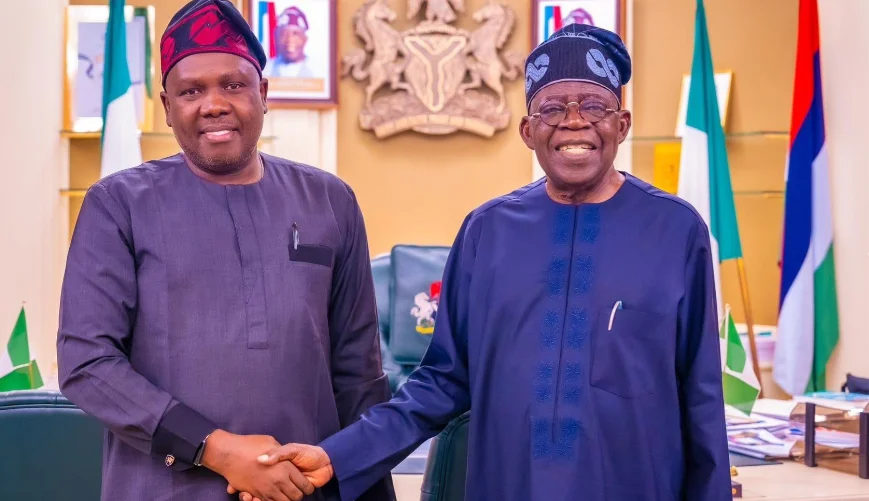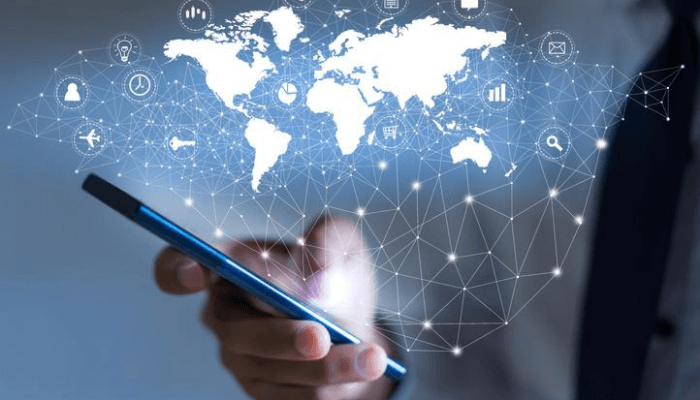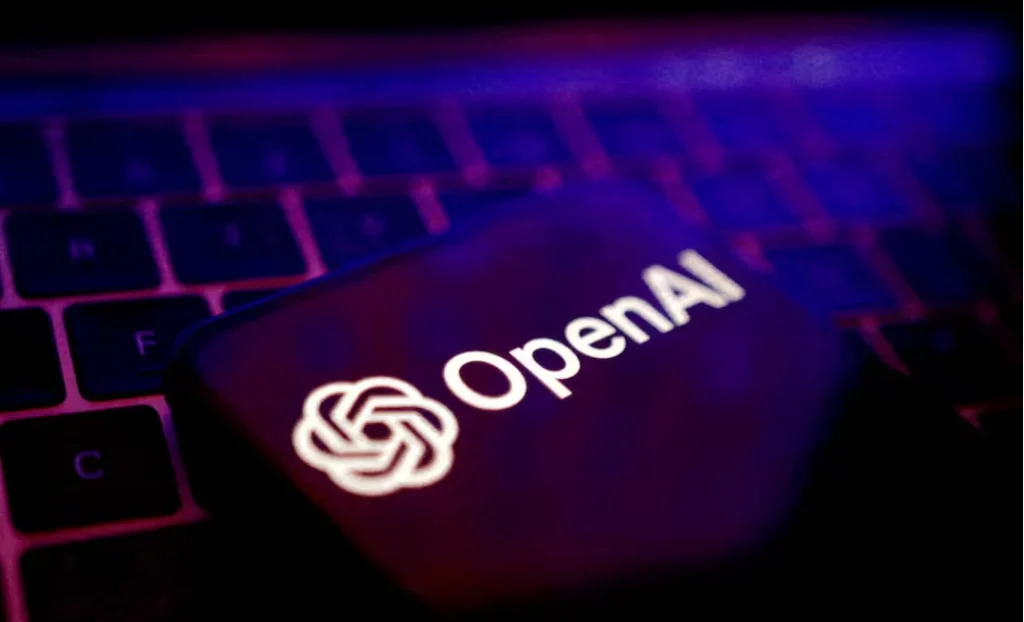In a world overwhelmed by numbers, dashboards, and predictive claims, Elizabeth Onasanya is redefining what it means to be a data scientist. Her work isn’t just about crunching figures or building complex models, it’s about asking better questions, staying grounded in local realities, and ensuring that every dataset tells a story with consequences. For her, data isn’t just a tool for analysis, it’s a lens for empathy and a vehicle for action.
Over the years, she has become one of the most trusted names in the African data community, recognized for her rare ability to connect statistical theory with meaningful human outcomes. Whether consulting for local governments on evidence-based policy or leading impact-driven research teams, she’s known for her ability to translate technical complexity into insights that drive real decisions. Her outputs often extend beyond charts, they become roadmaps for how institutions can work smarter, serve better, and stay accountable.
Her career spans a wide range of sectors, including health, education, social protection, and urban planning. What ties her work together is not the domain, but the discipline with which she approaches every problem; grounded in data quality, contextual nuance, and ethical use. She brings the same level of rigor to national data strategies as she does to grassroots interventions. This versatility has made her a go-to expert for organizations navigating how to design systems that are both technically sound and socially responsive.
Beyond the work she does behind the scenes, she is actively building a legacy of influence. Through community programs, peer-led fellowships, and cross-sectoral collaborations, she has trained dozens of young analysts, many of whom now work in government ministries, health-focused NGOs, and development finance institutions. Her mentorship model is not top-down, but participatory, designed to empower young professionals to think critically about the why behind the numbers, not just the how.
Her approach blends academic rigor with lived context, always centering local knowledge over imported models. In her view, effective data science must be tailored, not templated. She challenges cookie-cutter methodologies and promotes the use of culturally relevant indicators, community-engaged research, and adaptive feedback loops. This commitment to contextual integrity is what distinguishes her in a field often dominated by abstract models and foreign benchmarks.
Colleagues across the continent hold her in high regard not just for what she builds, but how she builds. “Elizabeth brings clarity to complexity,” says Dr. Fola Adebiyi, a leading quantitative researcher. “In an industry that’s often obsessed with scale and speed, she’s one of the few who values accuracy, ethics, and community-first thinking.” Her projects are known for being deeply inclusive, often co-created with stakeholders from data collection to decision-making.
As more countries look to data as a cornerstone for national development, leaders like her are showing what’s possible when technical expertise is guided by moral clarity. Her work is a powerful reminder that data science is about inclusion, justice, and the courage to let evidence speak where opinions once ruled.
In a time where algorithms are shaping everything from health access to public safety, Elizabeth stands as a voice of balance, ensuring that discovery doesn’t outpace accountability, and that progress includes the people it promises to serve.












